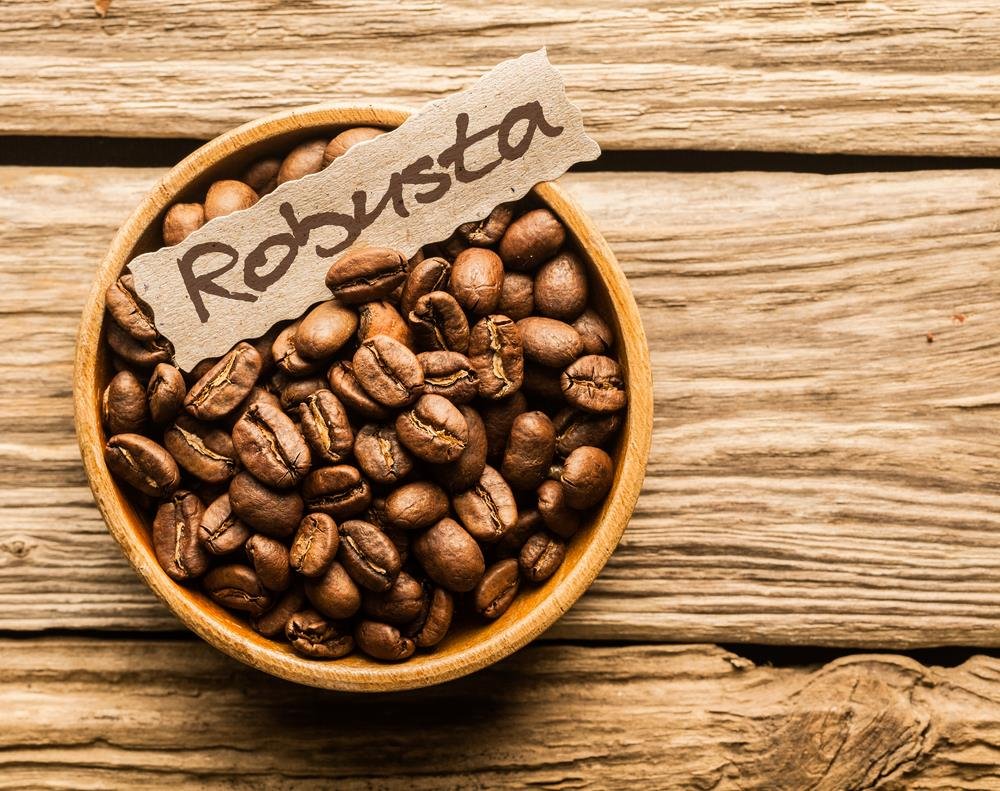HIGHLIGHTS:
- Travel restrictions in Malaysia have prevented migrant workers from reaching the plantations, raising the price of the raw oil used to produce consumer goods.
- Social distancing in Vietnam delays the processing and export of coffee beans.
- Supply shortages have a global impact as Vietnam and Malaysia hold large market shares for key commodities.
FULL ARTICLE
Shortage of supply puts pressure on costs
Consumer goods companies Unilever, J.M. Smucker, Folgers coffee, said rising raw material prices are contributing to cost pressures. “Palm oil, a fundamental ingredient in skin-care products, is now 70% more expensive than the long-term average. Prices rise as demand rises and yields fall “Unilever’s chief financial officer, Graeme Pitkethly, stated. He went on to say that the corporation had hiked the prices of certain of its products.
One reason for the high price of palm oil is the sudden increase in the number of Covid-19 cases in Malaysia. The country recently recorded about 19,000 new cases and 400 deaths a day in the worst outbreak since the pandemic began. The travel restrictions imposed since March last year have made it difficult for workers to access the plantation, leading to a dwindling number of workers. The palm oil industry depends on migrants from Indonesia, Bangladesh, and India.

Rigid containment measures introduced in recent months have added to the challenge facing palm oil companies. When plantations broke out, companies were forced to close.
Sime Darby Plantation said the labor shortage is increasing. They have invested in new mechanization and automation to reduce their reliance on manual labor. “There are not enough workers going around to harvest the fruit,” said Ivy Ng, head of agribusiness research at CGS-CIMB Securities in Malaysia.
Chuỗi cung ứng cà phê cũng bị ảnh hưởng
Covid-19 is also affecting coffee. Starting in July, the outbreak in Vietnam prompted the government to introduce travel restrictions, hindering shipments. Vietnam is the world’s largest exporter of robusta coffee, which is used to make instant coffee and espresso.

“Vietnamese exporters are facing difficulties in transporting goods, including Robusta beans and King Coffee products, to ports for shipping around the world,” said Ms. Le Hoang Diep Thao, Director TNI King Coffee CEO and Vice President of Vietnam Coffee and Cocoa Association.
Vietnam’s coffee exports from January to August 15 fell by 8.2% year on year. “Traders at home and abroad are extremely worried,” Thao said, adding that the coffee association is lobbying the Vietnamese government to relax restrictions to avoid delayed deliveries.
Prices for both robusta and arabica coffees have surged this year, mainly due to drought and frost in Brazil, the world’s largest coffee exporter. Difficulties in Vietnam’s production over the past several months are contributing to further price increases.
Vân Anh
FURTHER READING:
Cambodia: Exports of agricultural products to Vietnam skyrocketed













